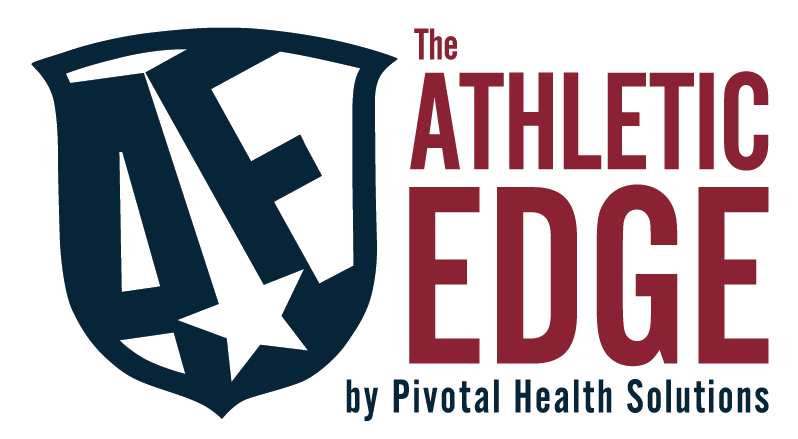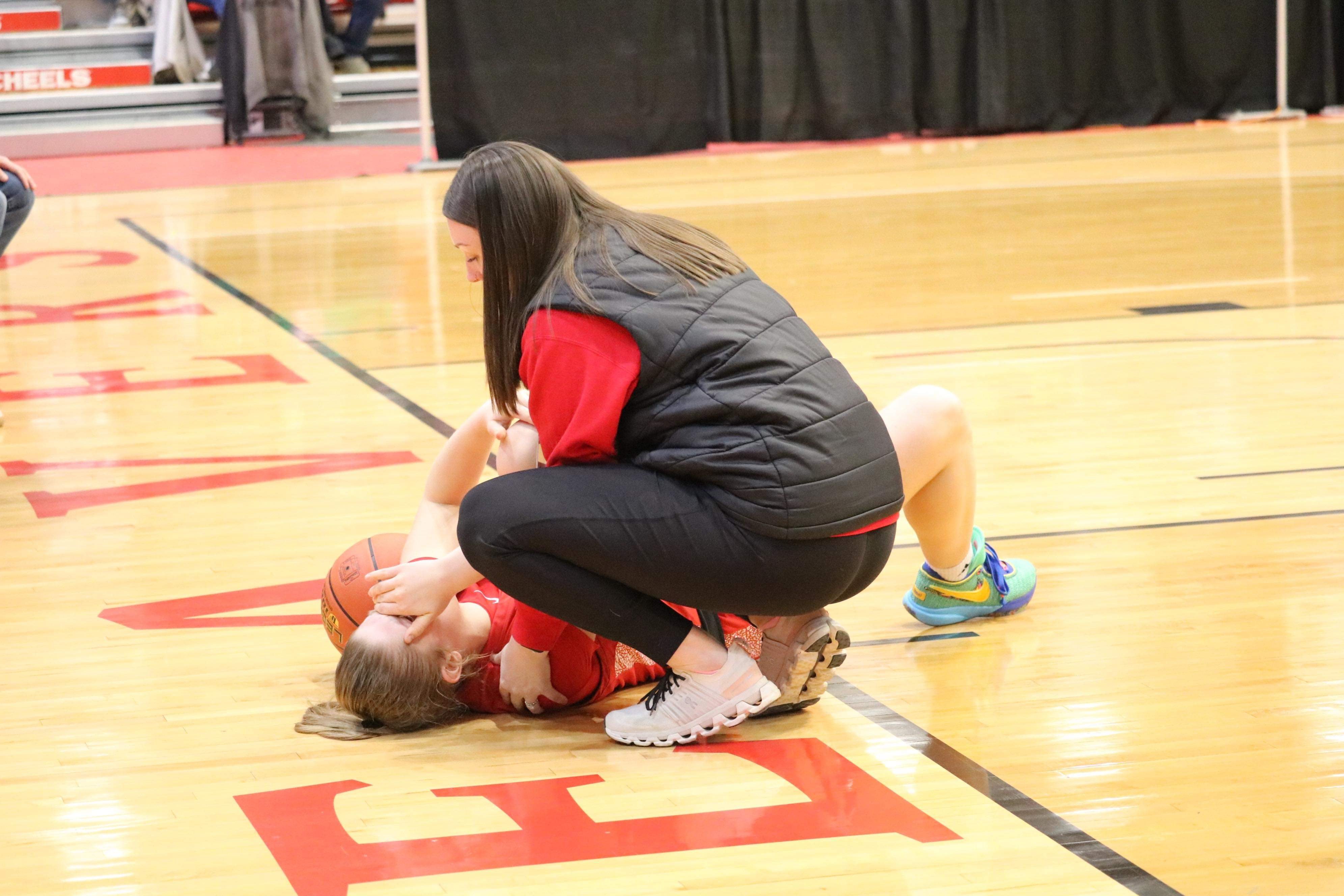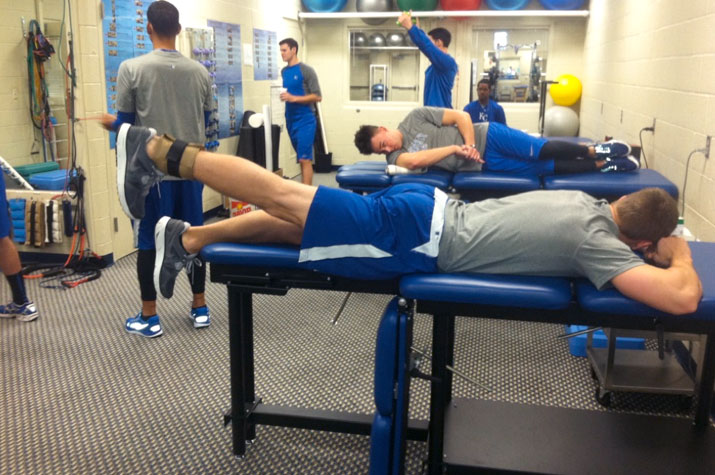How Your FitBit Can Help Treat Concussions
Even if you're not wearing a FitBit, you probably know someone who is. The popular wearable tracks the number of steps you take daily, as well as your sleep habits, other health information--and now, concussions.
In a recent study, athletic trainers used the FitBit to track athletes' normal exertion and calculate how much rest they need based on that normal exertion following a concussion. The beauty of the device is that it can be programmed to alert athletes when they've reached their exertion threshold--helping to ensure they get the rest they need for proper recovery.
With the FitBit's low price point (around $99), the tracker is affordable, and experts compare its reliability favorably against any physical exam.
Research is ongoing, with the ultimate goal being to create a broad database of athletes organized by sport, position and weight. Athletic trainers would then be able to recommend treatment based on the health data of athletes similar to their patients' personal data.
It feels as if every year a new fitness product becomes America’s newest craze. Currently, the Fitbit wearable, which allows users to track number of steps walked, sleep quality, and other health data, has become a popular commodity among tech-savvy health enthusiasts. However, this device has caught the eye of athletic trainers—some of whom think it can be used to help solve the current epidemic of serious concussions in sports. Dr. Jordan Hamson-Utley, the Program Director for the Master of Health Science in Athletic Training at the University of St. Augustine, has been looking at new ways to care for concussions particularly at the high school level. She believes that Fitbit could revolutionize the way that athletic trainers monitor and treat concussed athletes.
Many athletic trainers and nurses know just how difficult and costly it can be to treat concussions. “I was busting my back trying to get blood from athletes before and after concussions,” Hamson-Utley describes. This method is very costly, with blood tests costing $50 per test. Many high schools simply cannot afford to use so many resources on accumulating the data to accurately treat this disease. Dr. Hamson-Utley struggled with this problem, until “[she] got a Fitbit [her]self, and thought—wait a minute—this is the key!”
This article excerpt, by SportTechie.com, originally appeared here: www.sporttechie.com/2015/05/21/fitbits-are-helping-with-concussion-treatments-for-athletes.



.webp)

